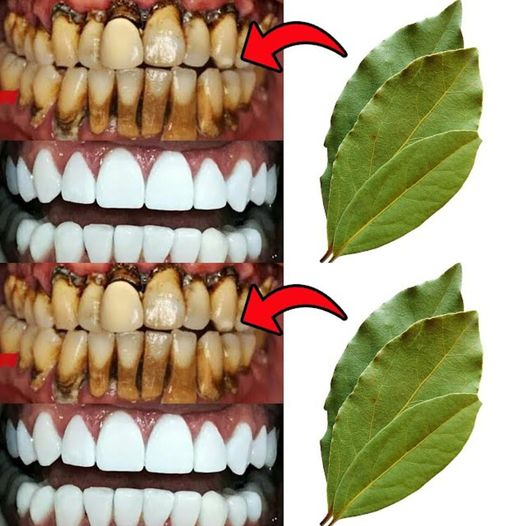Many over-the-counter teeth whitening products contain bleaching agents like hydrogen peroxide or carbamide peroxide, which can give you that bright smile. However, overuse of whitening toothpaste or treatments can actually cause damage to your enamel, leading to increased tooth sensitivity and a greater risk of cavities. Enamel is the hardest substance in your body, but it’s also the most vulnerable to weakening when subjected to harsh chemicals or abrasives.
The Secret Remedy: Natural Alternatives for Oral Health
Instead of relying solely on commercial toothpaste, consider switching to natural alternatives that can help protect your teeth without the harmful chemicals. Here are a few natural options that dentists might not always recommend:
- Baking Soda: Mildly abrasive, it can help remove stains and plaque without the harsh chemicals found in some whitening toothpastes. It also helps neutralize acids in your mouth.
- Coconut Oil: Used in oil pulling, coconut oil helps reduce bacteria in the mouth, freshen breath, and promote overall gum health.
- Activated Charcoal: Known for its ability to absorb toxins and bacteria, activated charcoal can help whiten teeth naturally and prevent plaque buildup.
- Xylitol: This natural sugar substitute is beneficial for oral health. It helps reduce the growth of harmful bacteria in the mouth and promotes the production of saliva, which naturally fights cavities.
Healthy Oral Care Habits Dentists Might Not Stress Enough
- Brush Gently: Many people brush too hard, causing damage to the enamel. Gentle brushing in circular motions is the key to healthy teeth.
- Don’t Overbrush: Brushing more than three times a day or for more than two minutes can lead to enamel erosion. Stick to two times a day for effective cleaning.
- Flossing Is Crucial: Flossing is just as important as brushing, as it removes plaque and food particles between the teeth where a toothbrush can’t reach.
- Rinse with Water After Meals: If you can’t brush immediately, rinse your mouth with water to wash away food particles and reduce acid build-up that can erode enamel.
Conclusion
While modern dentistry has given us the tools to maintain a beautiful smile, it’s important to know that some of the products we use every day—like toothpaste—can potentially harm our teeth in the long run. By being mindful of the ingredients in your toothpaste and exploring natural alternatives, you can better protect your teeth and gums from unnecessary damage. Remember, it’s not just about brushing; it’s about how you care for your teeth and the products you use!
Want more tips on oral care or natural alternatives for healthier teeth? Let me know!
